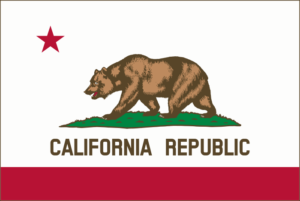
Yesterday, the California Privacy Protection Agency (CPPA) issued its first enforcement advisory regarding the California Consumer Privacy Act (CCPA). Enforcement Advisory No. 2024-01(the Advisory) is solely devoted to data minimalization, which the CPPA describes as “a foundational principle in the CCPA.” An enforcement advisory is not an implementing rule, regulation, or law; it is not even an interpretation of the law or legal advice. Instead, CPPA enforcement advisories are intended to be informational bulletins to inform the public about nascent legal privacy issues that CPPA is engaging with at a given time. Continue Reading California Privacy Protection Agency Issues “Minimal” Guidance on CCPA in First Enforcement Advisory



